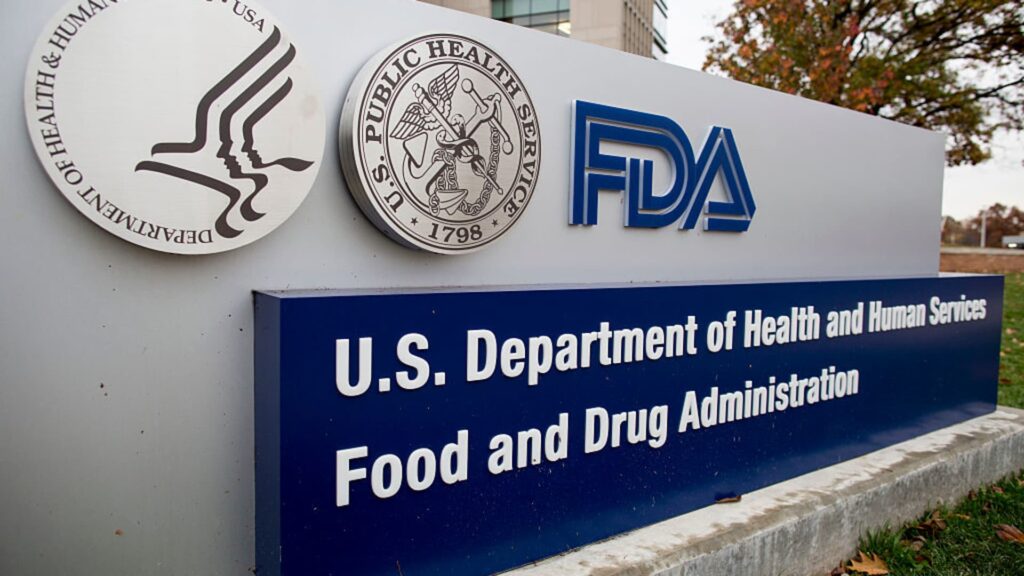
FDA approves Vertex/CRISPR Gene Therapy for Inherited Blood Disorders
In a monumental leap for gene therapy and a beacon of hope for millions suffering from life-threatening blood disorders, the US Food and Drug Administration (FDA) has granted approval to Vertex Pharmaceuticals and CRISPR Therapeutics’ revolutionary treatment – Exa-cel (casgenevo). This breakthrough represents a new era in treating genetic diseases, paving the way for personalized, curative therapies once relegated to the realm of science fiction.
Understanding the Blood Disorder Battleground:
Inherited blood disorders, such as transfusion-dependent beta-thalassemia and sickle cell disease, affect millions worldwide. These debilitating conditions are caused by genetic mutations that impair the production or function of red blood cells, leading to chronic anemia, fatigue, organ damage, and frequent blood transfusions.
For decades, patients grappled with limited treatment options, often relying solely on transfusions and managing debilitating symptoms. Exa-cel, however, offers a transformative promise – a one-time gene editing therapy with the potential to correct the underlying genetic defect and provide a functional cure.
The Science Behind the Hope:
Exa-cel harnesses the power of CRISPR-Cas9 gene editing technology. This technique acts like a precise molecular scalpel, targeting and altering the faulty genes responsible for the blood disorder. In simpler terms, it’s like correcting a typo in the body’s genetic blueprint, allowing it to produce healthy red blood cells.
A Beacon of Benefits:
The FDA approval of Exa-cel signifies a momentous victory for patients and opens doors to a brighter future:
- Functional Cure: With the potential to permanently correct the genetic defect, Exa-cel offers a chance at a life free from debilitating symptoms and dependence on frequent blood transfusions.
- Improved Quality of Life: Reduced burden of transfusions translates to more energy, fewer hospital visits, and a significantly improved quality of life for patients.
- Empowering the Fight: This approval strengthens the fight against inherited blood disorders, paving the way for further advancements in gene therapy and personalized medicine.
The Business Side of Hope:
Vertex’s stock price soared on the news of the FDA approval, reflecting the immense potential of Exa-cel. Analysts predict significant revenue streams for the company as Exa-cel becomes the first-ever FDA-approved gene therapy for beta-thalassemia and the second for sickle cell disease.
This breakthrough not only solidifies Vertex’s position as a leader in gene therapy but also opens avenues for broader application of CRISPR technology in treating other genetic diseases. The market for gene therapy is estimated to reach billions in the coming years, and Vertex’s pioneering role positions it to reap significant rewards from this burgeoning field.
Resources:
- FDA Press Release: https://www.bloomberg.com/news/articles/2023-12-08/first-crispr-treatment-for-sickle-cell-approved-by-us-regulators
- Vertex Pharmaceuticals Website: https://investors.vrtx.com/news-releases/news-release-details/vertex-and-crispr-therapeutics-announce-global-exa-cel
- CRISPR Therapeutics Website: https://crisprtx.com/
- National Institute of Diabetes and Digestive and Kidney Diseases: https://www.niddk.nih.gov/ (Information on Beta-Thalassemia)
- Centers for Disease Control and Prevention: https://www.cdc.gov/ncbddd/sicklecell/index.html (Information on Sickle Cell Disease)
- American Society of Hematology: https://www.hematology.org/ (General information on Blood Disorders)
- Nature Medicine Article on Breakthrough Study: https://www.forbes.com/sites/gabrielasilva/2024/01/14/a-new-treatment-for-alzheimers-improves-how-drugs-reach-the-brain/
A Spark of Optimism in the Fight against Genetic Diseases:
The FDA approval of Exa-cel marks a historic milestone in the fight against inherited blood disorders. It not only brings hope to millions of patients and their families but also showcases the immense potential of gene therapy in revolutionizing healthcare. As research continues and technology advances, we can expect even more transformative therapies to emerge, painting a brighter future for those struggling with genetic diseases.
Videos
